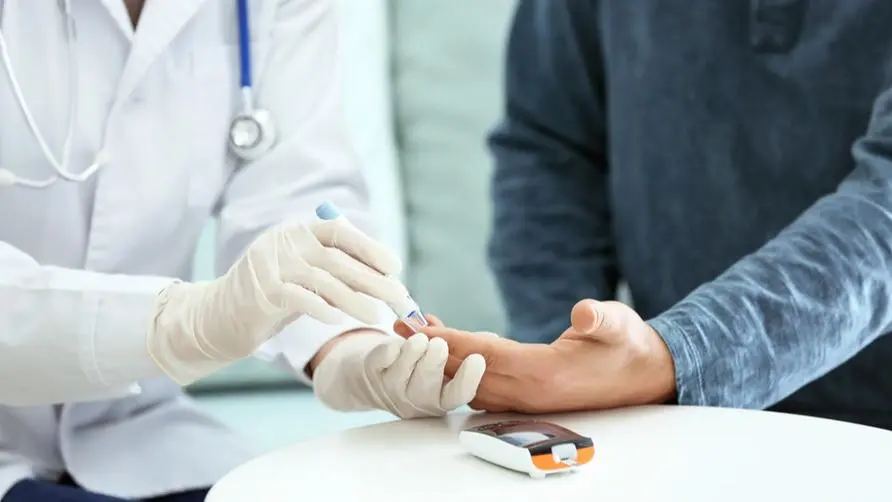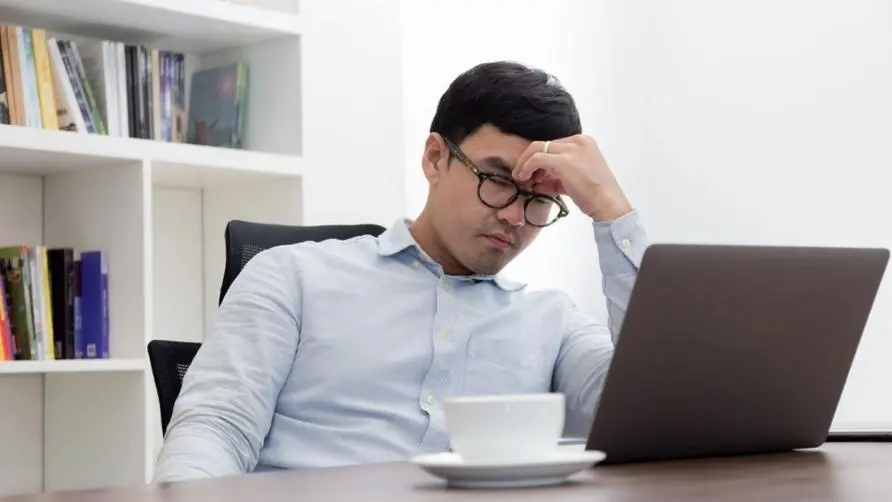Excessive stress accelerates "immune aging" and makes you more susceptible to epidemics! Harvard Buddhism's 5 tips to relieve stress and save yourself

Stress not only makes people sad and prone to obesity, but also increases the risk of epidemics
The impact of psychological stress on health cannot be underestimated. Excessive stress may accelerate the aging of immune function and increase the risk of cancer, cardiovascular disease, and even infection with the COVID-19 virus. A new study published in the Proceedings of the National Academy of Sciences (PNAS) points out that various social stresses, such as traumatic events, work pressure, survival pressure, and social discrimination, may be responsible for the gap in immune system function among people of the same age. s reason.
“Immunosenescence” originally refers to the weakening of immune function with age, resulting in an individual’s lack of resistance to external acute infections, resulting in a decrease in the total number of B lymphocytes and fewer new lymphocytes; the diversity of T cell receptor reserves Deterioration, reduction in total number of naive T cells, deterioration in differentiation ability, etc.
The USC research team used data from the nationwide Health and Retirement Study (HRS) to analyze blood samples from 5,744 middle-aged people aged 50 and over, and found that if people of the same age had higher stress scores, all indicators related to immune aging would increase.
Wrong diet and too little exercise may increase the speed of immune aging
T cells, which are very important for human immune function, mature and differentiate in the thymus (Thymus). Only about 1%-2% of thymocytes will become T cells. When the body’s adipose tissue increases, it will cause the thymus tissue to function poorly. The production of T cells decreases. Lifestyles such as incorrect diet and insufficient exercise further hinder the production of T cells by the thymus, and these lifestyles are related to the individual’s response to stress.
Another indicator related to immune aging is infection with cytomegalovirus (CMV). This is a common virus in the human body. Most of the time, it remains dormant under the suppression of immune function. However, once the pressure increases, CMV will It may occur suddenly and accelerate immune aging. Getting vaccinated against CMV may be a relatively simple way to prevent it.
Chronic stress causes knock-on effects in people craving high-calorie meals
According to information from the Harvard School of Public Health, chronic stress will increase the body’s metabolic needs, and will also produce a series of behaviors that have a negative impact on eating habits and bring about chain reactions. For example, stress can make people want to eat more processed, high-calorie foods and sweets, and it can also make people unable to eat regularly and rationed meals. Stress can also increase fatigue and interfere with sleep quality, making people more likely to consume coffee and high-calorie meals to help wake them up.
Not only that, acute severe stress will cause adrenaline secretion, while chronic stress will increase cortisol, leading to increased appetite and weight gain, making it easier to accumulate abdominal fat, which will also affect insulin resistance and increase the risk of diabetes, cardiovascular disease, and breast cancer. .
Diet and exercise help relieve stress through a multi-pronged approach to lowering blood pressure and stress hormones
The Harvard School of Public Health recommends that a healthy diet includes more Omega3 fatty acids, vegetables, and fruits, which can help regulate cortisol. It is also recommended to practice “mindfulness” and concentrate on eating when eating. When eating slowly, you can relieve stress during chewing food and help avoid emotional eating.
In addition, exercising more, such as walking, dancing and other aerobic exercises, can lower blood pressure and stress hormones. Practicing meditation and deep breathing can help relieve muscle tension and activate the parasympathetic nervous system, making it easier for the body to calm down.
Loneliness can also increase stress. It is recommended that you seek psychological counseling and social support, and find trustworthy people to communicate with to help reduce stress. You can also arrange an interesting activity once a week to get rid of work pressure regularly, which can reduce the physical and mental problems caused by work burnout. Finally, good sleep is essential for body repair and mood regulation. Try to sleep for 7-9 hours.
Source:
Further reading:





